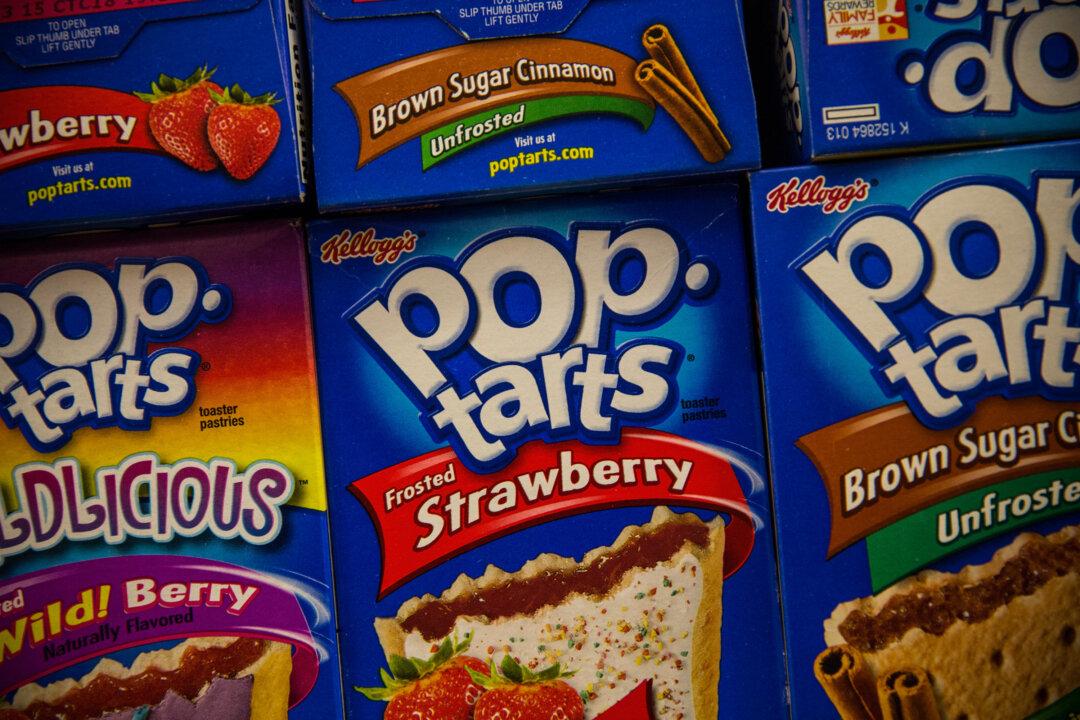Workers for Kellogg Inc. have voted in favor of a new tentative labor deal, ending their strike of over two months and setting the stage for a return to work on December 27th.
The strike began on October 5th, when about 1,400 workers saw their contracts expire without an acceptable replacement, prompting them to abstain from work at plants in Michigan, Nebraska, Pennsylvania, and Tennessee until an acceptable labor agreement could be reached. They were organized as members of the Bakery, Confectionery, Tobacco Workers, and Grain Millers’ International Union.





